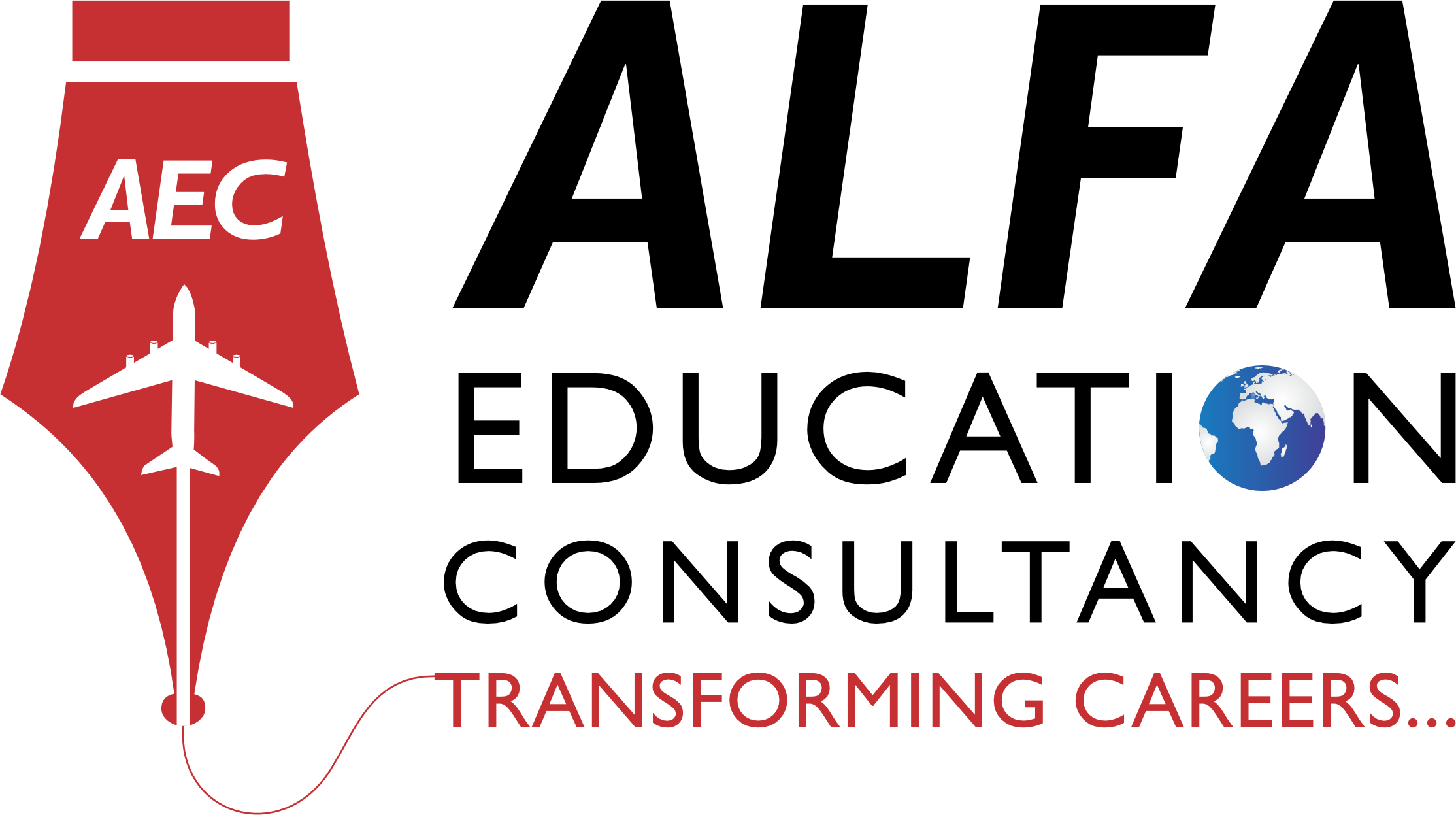A Guide to Graduation Courses and Degree Pathways
- Alfa Education
- August 20, 2025
Choosing a path after high school graduation is a major decision, with options ranging from university degrees to vocational training and direct entry into the workforce. The key to making an informed choice is to understand the landscape of higher education and align it with your personal career aspirations and learning style. This guide breaks down the primary degree pathways to help you select the right graduation courses for your future.

Key Takeaways: Understanding Your Degree Options
- Career Alignment: Your choice of graduation course should be driven by your long-term career goals and preferred learning environment.
- Associate's Degrees (2 Years): An excellent foundation for specific careers or as a cost-effective transfer pathway to a four-year university.
- Bachelor's Degrees (4 Years): The standard for many professional careers, offering in-depth knowledge and broader employment opportunities.
- Master's & Doctoral Degrees: Required for advanced specialization, research, academia, and high-level roles within a specific field.
- Specialized Pathways: Consider accelerated programs for faster completion or professional degrees (e.g., Law, Medicine) for regulated careers.
Understanding Your Post-Graduation Options
The moment after high school graduation is filled with possibilities. While it can feel overwhelming, understanding the distinct paths available is the first step toward making a confident decision.
The Landscape of Higher Education
University remains a primary choice for its ability to provide deep subject knowledge and personal growth opportunities. The main pathways include:
- Associate's Degree: A two-year program offering foundational knowledge and skills for specific trades or for transfer to a bachelor's program.
- Bachelor's Degree: A four-year commitment providing a comprehensive education and a prerequisite for many professional roles.
Beyond academics, university life fosters independence and critical thinking. Many institutions, like Alfa Education, also offer fast-track degree courses designed to help you graduate and launch your career sooner.
Beyond Traditional College Paths
A four-year degree is not the only route to success. Consider these alternatives:
- Vocational or Trade Schools: Offer specific, in-demand job skills.
- Direct Entry into the Workforce: Gain practical experience and earn an income immediately.
- A Gap Year: A period for travel, volunteering, or self-discovery before committing to an educational path.
Making an Informed Decision
To choose the right path, ask yourself:
- What am I interested in learning? Do I prefer theoretical knowledge or hands-on, practical work?
- What is my financial situation? Evaluate tuition costs, scholarships, and the financial impact of studying versus working.
- What are my career goals? Research the specific educational requirements for your desired profession.
Remember, this decision is not permanent. Your career path can evolve. The goal is to choose the best next step for you right now.
Exploring Different Degree Pathways
Understanding the purpose of each degree type is crucial for planning your future.
Associate's Degrees: A Foundation for Success
Typically completed in two years at a community college, an associate's degree is a powerful stepping stone. It can qualify you for immediate employment in fields like nursing, IT, and criminal justice, or serve as a block of transfer credits to reduce the time and cost of a bachelor's degree.
Bachelor's Degrees: Expanding Horizons
A four-year bachelor's degree (e.g., Bachelor of Arts, Bachelor of Science) is the benchmark for many professional careers. It provides a deep and comprehensive study of a major field, opening up a wider range of job opportunities and serving as the foundation for further graduate-level education.
Master's and Doctoral Degrees: Advanced Specialization
For those seeking to become experts, these postgraduate degrees are essential:
- Master's Degree (1–2 years): Offers focused specialization in a field, such as a Master of Business Administration (MBA).
- Doctoral Degree (Ph.D.): The highest level of academic achievement, involving original research and required for roles in university teaching and advanced research.
Navigating the Application and Enrollment Process
Once you have identified your desired path, the next step is the application. Organization and starting early are key.
Key Application Components
- Academic Transcripts: Official records of your grades.
- Standardized Test Scores: SAT, ACT, GRE, etc., where required.
- Letters of Recommendation: From teachers or mentors.
- Personal Essay / Statement of Purpose: Your chance to showcase your personality, motivation, and career goals.
- Resume/CV: A clear outline of your achievements and experiences.
Crafting a Standout Application Essay
Your essay should tell a story that highlights your character, resilience, and potential. Don’t just list accomplishments—show admissions committees who you are, what drives you, and why you’re a great fit for their program.
Seeking Academic and Career Advising
Leverage school resources to strengthen your application. Academic advisors can guide you in planning courses, while career counselors provide insights into how your chosen degree connects with real-world opportunities. Always check the specific undergraduate program requirements for each institution you apply to.
Specialized Graduation Courses and Programs
Accelerated Degree Programs for Faster Completion
These programs condense a full curriculum into a shorter timeframe. By using shorter terms (e.g., 8-week courses) and year-round study, you can earn your degree significantly faster. Explore fast-track degree options to accelerate your entry into the workforce.
Professional Degrees for Regulated Careers
Fields like medicine, law, and teaching require specific professional degrees. These programs focus on delivering the practical skills and theoretical knowledge needed for licensure and professional practice.
Applied Master's for Career Advancement
Unlike research-focused degrees, an applied master’s is designed for career readiness in fields such as public policy, global health, or sustainability. These programs often include mandatory internships and projects to provide direct, hands-on job experience.
Maximizing Your Educational Experience
1. Leverage Campus Resources
Take advantage of career services for resume assistance, academic advisors for course planning, and tutoring centers for subject-specific support. These resources are designed to help you succeed.
2. Gain Practical Experience
Seek out internships, co-op programs, and volunteer work. This real-world experience is invaluable for confirming your career choice and strengthening your resume.
3. Build Professional Connections
Network with both faculty and peers. Professors can serve as mentors, while classmates often become part of your future professional network.
Ready to get started? You may be able to finish your degree much faster than you think. Imagine earning your college diploma in just one year and accelerating your career. Visit our website to learn how you can achieve this.
Frequently Asked Questions
Your primary options include attending university for an associate's or bachelor's degree, enrolling in a vocational/trade school for specific job skills, entering the workforce directly, or taking a gap year for personal development.
An associate's degree typically takes two years of full-time study. A bachelor's degree traditionally takes four years. However, accelerated programs can shorten these timelines significantly.
Align your choice with your genuine interests and research the educational requirements for careers that excite you. Use career advising services at your school to explore your options.
Yes. Accelerated degree programs, which use shorter terms and year-round study, allow you to complete your degree much faster than a traditional program.
Beyond having your desired program, look for strong student support services, including academic advising and career counseling, to ensure you have the resources you need to succeed.
Yes, it is crucial to assess the financial implications of your education. Create a budget, research scholarships and financial aid, and consider the return on investment for your chosen degree program.



